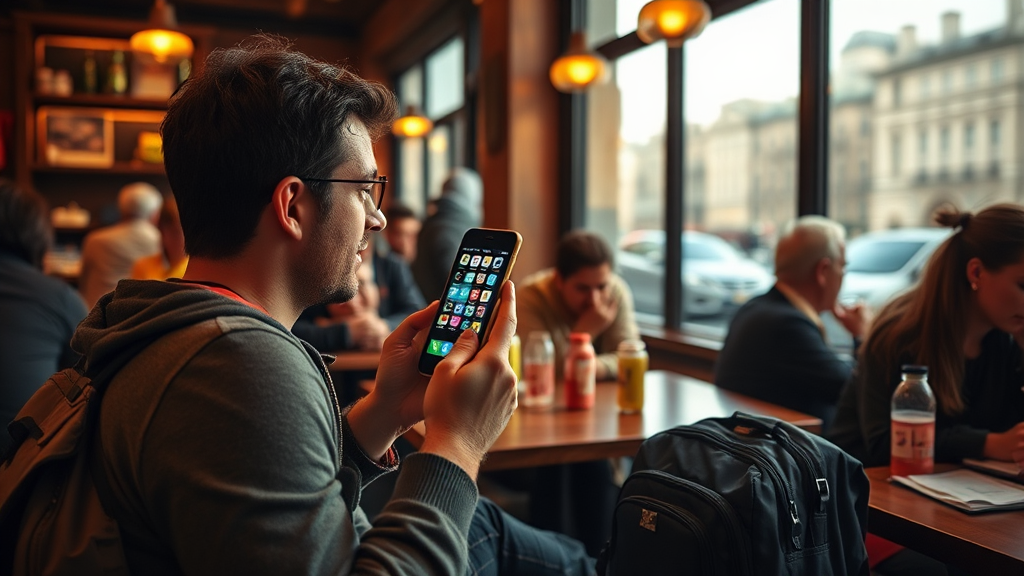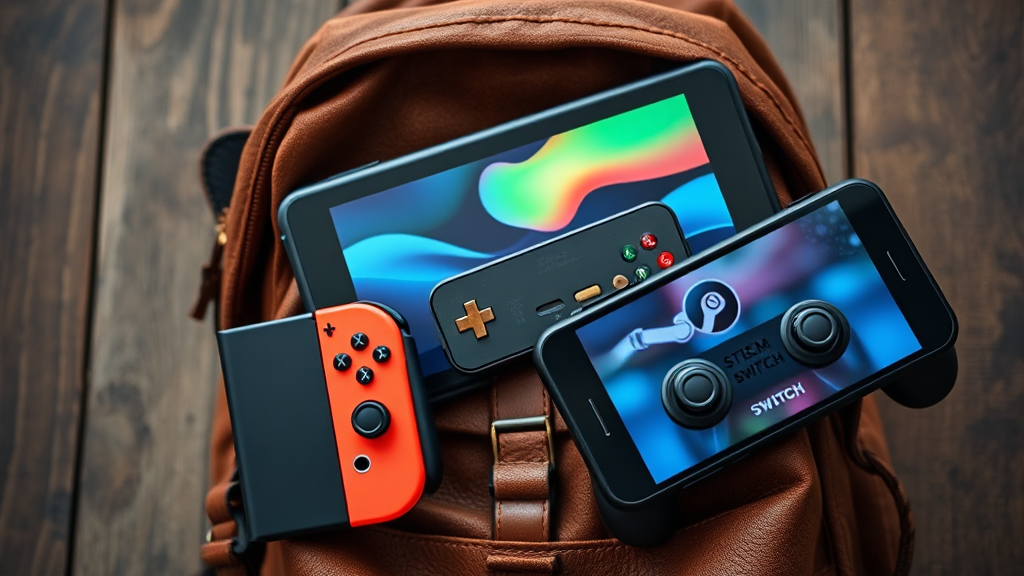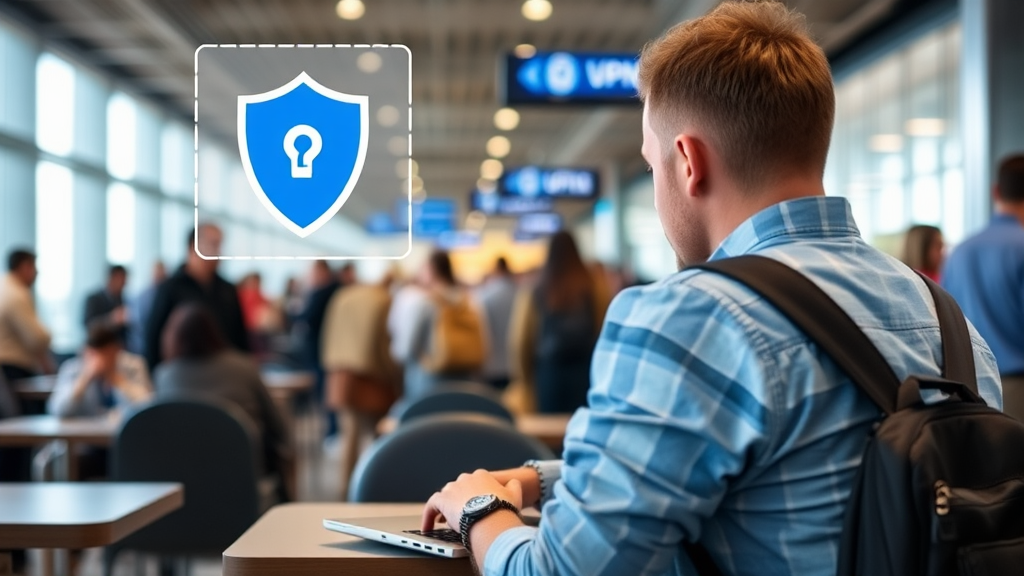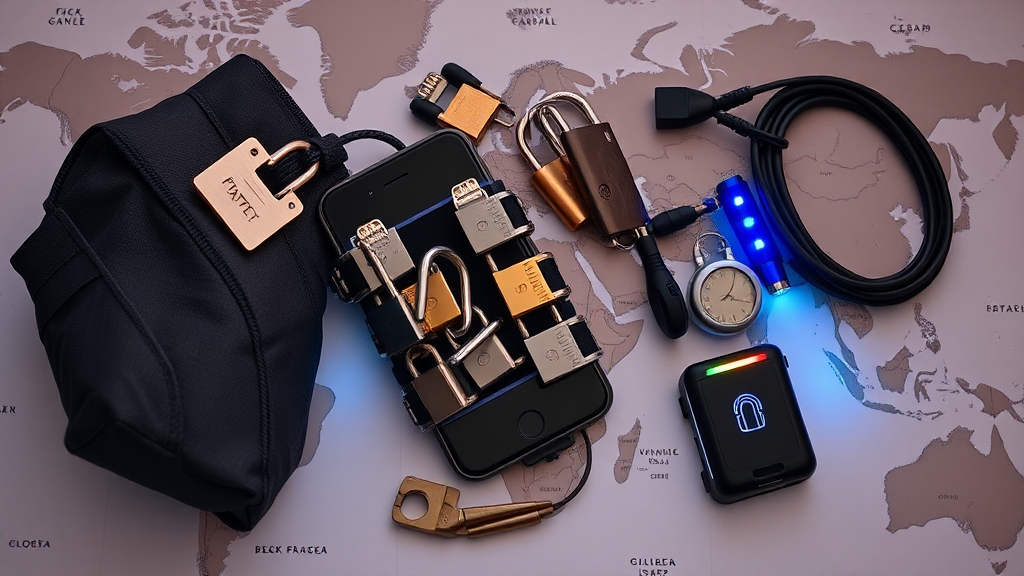Solo travel offers freedom and self-discovery, but it comes with unique challenges. Technology can enhance safety and provide companionship for lone adventurers. This guide explores essential gadgets and apps that make solo trips more enjoyable and secure.
Essential Smartphones Features for Solo Travelers
A smartphone is a solo traveler’s best friend. Key features to look for include:
- Long battery life: Opt for models with at least 4000mAh capacity
- Water resistance: IP68 rating protects against accidental splashes or rain
- Dual SIM capability: Use local SIM cards while keeping your home number active
- High-quality camera: Capture memories without carrying extra equipment
Consider smartphones like the iPhone 13 Pro or Samsung Galaxy S21 Ultra for their robust features tailored to travelers’ needs.
Safety-Focused Gadgets for Peace of Mind
Prioritize personal safety with these tech solutions:
- Personal GPS trackers: Devices like the Garmin inReach Mini allow sharing your location with trusted contacts
- Noise-canceling earbuds with awareness mode: Stay alert to surroundings while enjoying music
- Portable door locks: Add an extra layer of security to hotel rooms
- Smart luggage tags: Track your belongings in real-time using Bluetooth technology
Travel Safety Apps
Enhance your safety toolkit with these apps:
- bSafe: Sends SOS alerts with your location to preset contacts
- TripWhistle Global SOS: Provides emergency numbers for over 200 countries
- Noonlight: Connects you to emergency services with a single tap
Tech for Companionship and Social Connection
Combat loneliness and meet new people with these tools:
- Language translation devices: Break communication barriers with gadgets like Pocketalk
- Social networking apps for travelers: Use Meetup or Couchsurfing to connect with locals and fellow travelers
- Virtual tour apps: Explore destinations with guided audio tours through apps like GPSmyCity
Entertainment on the Go
Stay entertained during downtime:
- E-readers: Kindle Paperwhite offers a glare-free display perfect for outdoor reading
- Portable gaming devices: Nintendo Switch Lite provides entertainment without taking up much space
- Bluetooth speakers: JBL Flip 5 offers great sound in a compact, waterproof design
Remember to download offline content for areas with limited internet access.
Mastering Social Media for Small Business Growth
Social media has become a game-changer for small businesses. It offers a cost-effective way to reach customers, build brand awareness, and drive sales. This guide explores key strategies to harness the power of social platforms and boost your business growth.
Choose the Right Platforms
Not all social media platforms are created equal for business use. Focus on:
- Facebook: Ideal for local businesses and B2C companies
- Instagram: Perfect for visual products and younger audiences
- LinkedIn: Best for B2B networking and professional services
- Twitter: Great for real-time customer service and news updates
Research your target audience to determine which platforms they use most frequently.
Create Engaging Content
Content is king on social media. To stand out:
- Use high-quality images and videos
- Share behind-the-scenes glimpses of your business
- Post customer testimonials and success stories
- Offer valuable tips and advice related to your industry
Content Calendar
Plan your posts in advance with a content calendar. This helps maintain consistency and ensures a balanced mix of content types.
Leverage User-Generated Content
Encourage customers to create and share content about your products or services. This builds trust and provides authentic marketing material.
- Run photo contests
- Create a unique hashtag for your brand
- Repost customer photos (with permission)
Engage with Your Audience
Social media is a two-way street. To build a loyal community:
- Respond promptly to comments and messages
- Ask questions to encourage interaction
- Run polls and surveys to gather feedback
- Show appreciation for customer support
Social Listening
Use tools like Hootsuite or Sprout Social to monitor mentions of your brand across platforms. This helps you address concerns and identify opportunities.
Utilize Paid Advertising
While organic reach is valuable, paid advertising can significantly boost your visibility. Consider:
- Facebook and Instagram ads for targeted campaigns
- LinkedIn sponsored content for B2B outreach
- Twitter promoted tweets for time-sensitive offers
Start with a small budget and test different ad formats to find what works best for your business.
Analyze and Adapt
Regular analysis of your social media efforts is crucial for improvement. Key metrics to track include:
- Engagement rate
- Reach and impressions
- Click-through rates
- Conversion rates
Use platform-specific analytics tools and third-party software like Google Analytics to measure the impact of your social media activities on website traffic and sales.
Stay Up-to-Date with Trends
Social media evolves rapidly. To stay ahead:
- Follow industry leaders and influencers
- Attend webinars and online workshops
- Experiment with new features like Stories and Reels
- Keep an eye on emerging platforms that might be relevant to your audience
By staying informed, you can adapt your strategy to leverage new opportunities and maintain a competitive edge.










